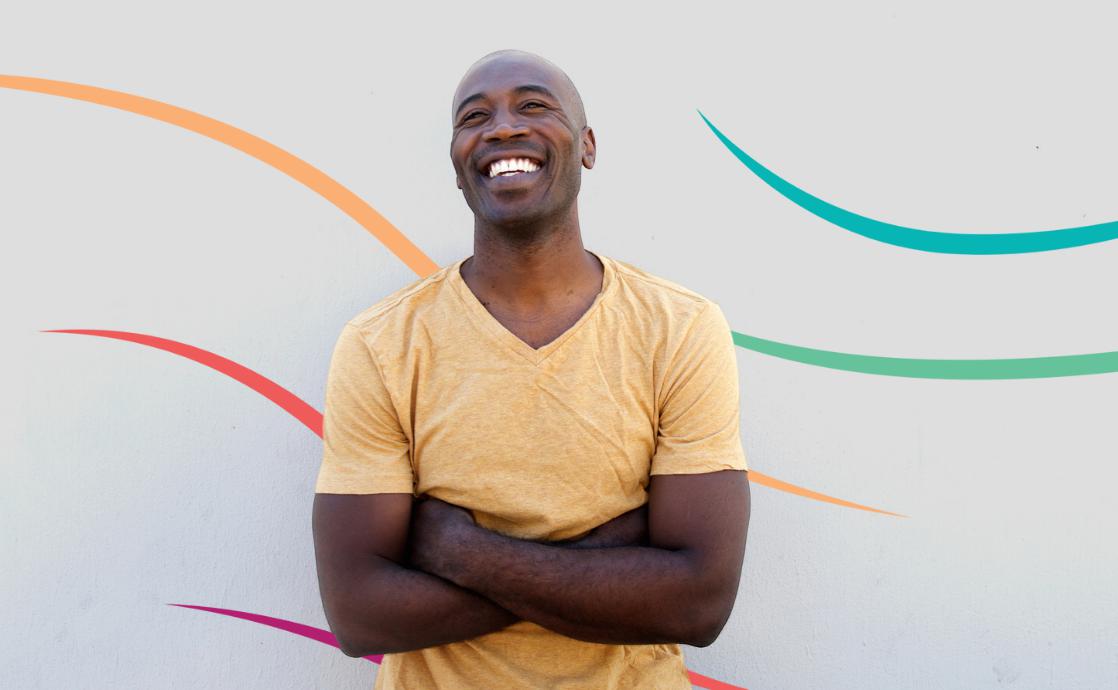Embarking on a spiritual journey can be likened to navigating an ever-evolving landscape—one filled with dense forests of tradition, mountains of doubt, and rivers of revelation. The metamorphosis from Catholicism to Baha’i encompasses a myriad of emotional and intellectual encounters that reflect the quest for truth and understanding in a beautifully complex world.
To begin, the inception of this transformative odyssey often lies within a profound yearning for authenticity—a thirst not merely to belong, but to comprehend the very essence of one’s existence. Initially, the tenets of Catholicism provided a semblance of solace. The rituals were akin to a fortified castle, offering a sense of security and community. However, as the heart and mind traversed the corridors of faith, the realization dawned that these walls, while sturdy, may also be restricting. Such constraints prompted an inquiry into broader horizons beyond the familiar confines.
Central to this inquiry is the recognition that faith is not static; rather, it is a dynamic entity that evolves as one’s experiences deepen. The Catholic upbringing, characterized by a rich tapestry of liturgy and tradition, fostered a profound appreciation for spirituality. Yet, it was the dare to question, to wrestle with theological complexities, that opened pathways to new vistas. The Baha’i Faith, with its expansive vision of unity and inclusiveness, emerged as a compelling alternative—captivating in its embrace of diversity as an asset rather than an obstacle.
One metaphor that beautifully encapsulates this transition is that of a butterfly emerging from its chrysalis. The caterpillar, encased and seemingly bound by its limited environment, represents the early stages of faith. In contrast, the butterfly symbolizes liberation—the realization that the greater cosmos awaits beyond the chrysalis. Such imagery resonates strongly with those who find themselves ensnared in beliefs that, while nurturing, may also feel constricting after years of faithful adherence.
As the transition unfolds, the teachings of the Baha’i Faith illuminate the path forward with an clarity reminiscent of dawn breaking over a horizon. At the heart of these teachings lies the notion of the Oneness of Humanity. This profound principle transcends cultural, ethnic, and religious boundaries, illuminating the importance of collective advancement. The newly embraced belief fosters a sense of kinship among a diverse congregation of souls, emphasizing that humanity’s collective progress rests on the shoulders of cooperation and unity.
Furthermore, the Baha’i teachings underscore the harmony of science and religion—two seemingly disparate domains that, when reconciled, enrich human understanding and spiritual growth. This synergy captivates the intellect and comforts the soul, reassuring those who seek empirical evidence alongside spiritual profundity. The integration of intellect and spirituality fosters a holistic approach, bridging the gaps between the dogma of the past and the aspirations of the future.
In this discovery, pivotal concepts emerge that resonate profoundly within the philosophical underpinnings of the Baha’i Faith. The progressive revelation posits that divine guidance does not cease but continues through successive manifestations. This proposition evokes an exhilarating realization that spiritual truths are not monolithic but instead are revealed progressively, offering layers of understanding suited to the contemporary context. Such insight can neither be trivialized nor contained; it necessitates an open heart and an inquisitive mind.
The transition to Baha’i practices also brings with it a recalibration of communal dynamics. In Catholicism, worship is often formalized within the sanctuary, certain rituals steeped in tradition and solemnity. In contrast, Baha’i gatherings, both in private homes and community centers, take on a less rigid form, blossoming into vibrant expressions of spirituality where discussion and reflection are paramount. The act of coming together, irrespective of background, fosters an atmosphere of shared exploration, reinforcing the principle that every individual has the capacity to contribute to the spiritual discourse.
Simultaneously, the concept of service becomes a cornerstone of Baha’i life. As individuals transition into this new community, they discover that serving humanity is both a privilege and an obligation. This commitment to service cultivates empathy, affording a deeper connection not only with fellow believers but also with the broader human family. Such altruism reinforces the belief that personal spiritual development is inextricably linked to social responsibility.
Through this odyssey from Catholicism to Baha’i, the essence of spirituality transforms, becoming not only a personal journey but a collective endeavor. The vision of a unified humanity resonates deeply, calling forth a commitment to work for the betterment of society as a whole. The cocoon of comfort and familiarity is left behind, yielding to a broader understanding of love, unity, and the relentless pursuit of truth.
In conclusion, the spiritual evolution from Catholicism to Baha’i illustrates the intrinsic value of personal inquiry and communal growth. As the metamorphosis unfolds, it becomes evident that faith is not merely about adherence to dogma but is a dynamic interplay of experiences, reflections, and actions. Such a journey may well serve as a testament to the undying quest for meaning, connection, and enlightenment in an ever-changing world, affirming that the pursuit of truth is perhaps one of life’s most profound adventures.
